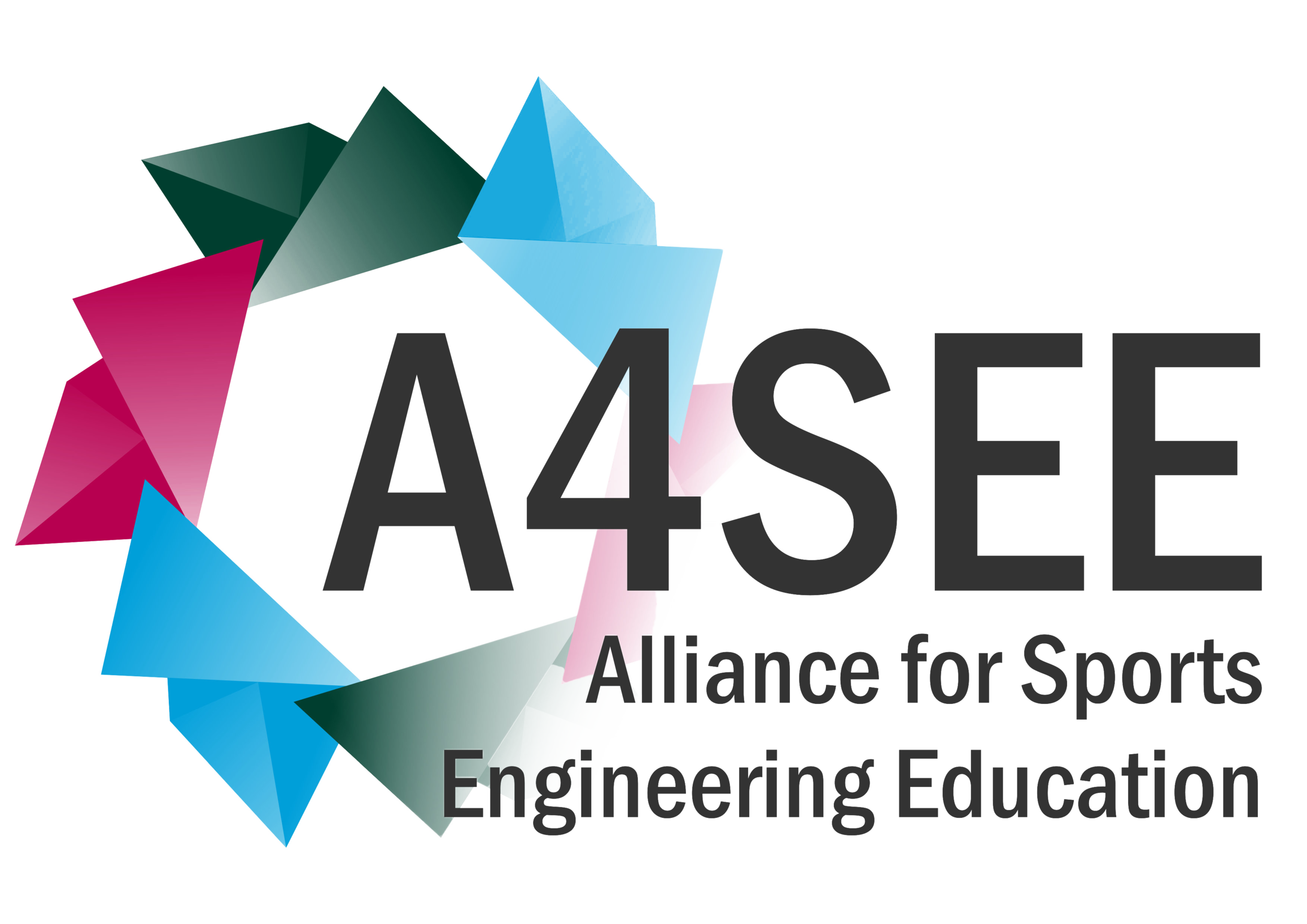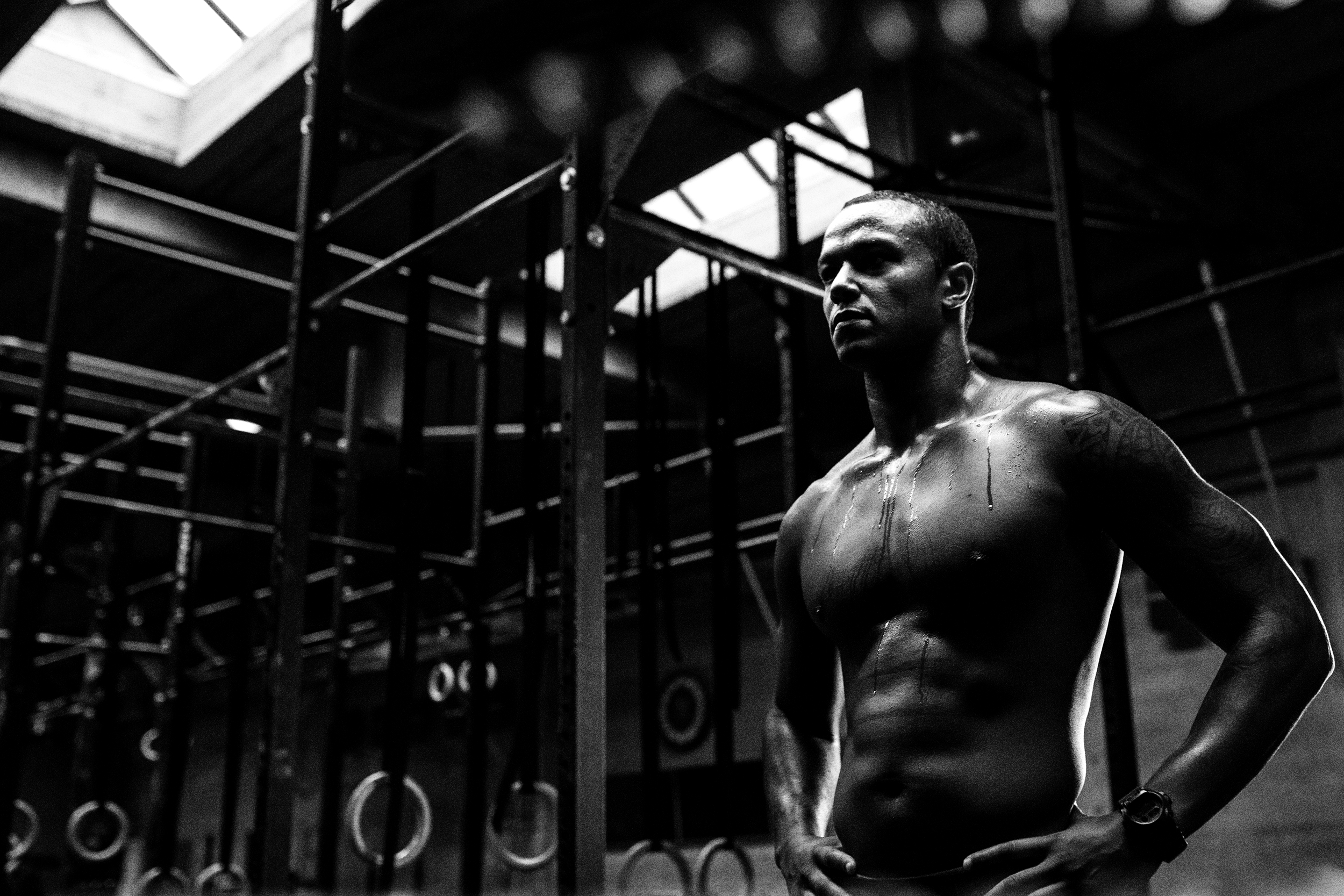Sports
Engineering
The field of Sports Engineering is strongly in development. This academic field is only 20 years old, but due to the rise of the economic impact of sports and sports equipment, the industry and the services around it are rapidly growing, and as such the need of Sports Engineers as well. The current demand for skilled Sports Engineers, and its growth, both in number and level of skill, creates both a challenge and opportunity for education.
The global sports industry is diverse, fragmented and rapidly changing, it is a large industry (comparable to aerospace) and an early adopter. It comprises numerous different sectors and therefor relies on innovation and technology that spans many disciplines. Sport is known to play a major positive role in societal challenges such as health, demographic change and inclusion.
This diverse range of technology disciplines however slows down the innovation process. Cross-sectoral cooperation between universities, research centres, industries and sport bodies could accelerate the entrepreneurial behaviour and improve the innovation climate. Effective knowledge transfer is inhibited by differences in culture and language between industry and academia. This also hampers academic staff to educate students with appropriate transversal skills.
The A4SEE programme hopes to assist in cross-fertilisation between industry and academia. To ensure that the rapid changes in the sports industry are mirrored in the provision of sports engineering education. For example, university courses in sports engineering could (and should) provide education on emerging technologies (e.g. big data, self-healing materials, IoT, Artificial Intelligence, etc.) or societal changes (e.g. demographics, sedentary behaviours etc.). Furthermore, university graduates from sports engineering curricula need possess the appropriate innovation and entrepreneurial skills (also ‘transversal skills’ or ‘21st century skills’) to meet the needs of the sports industry. We have created a consortium of academic and industrial parters to create an outstanding program of both fundamental and applied teaching as well as practical experience in both summer & winter schools and an apprenticeship in companies, and a well-coordinated thesis program. By this the consortium is able to answer the increasing demand of the industry of broad and well educated sports engineers.


